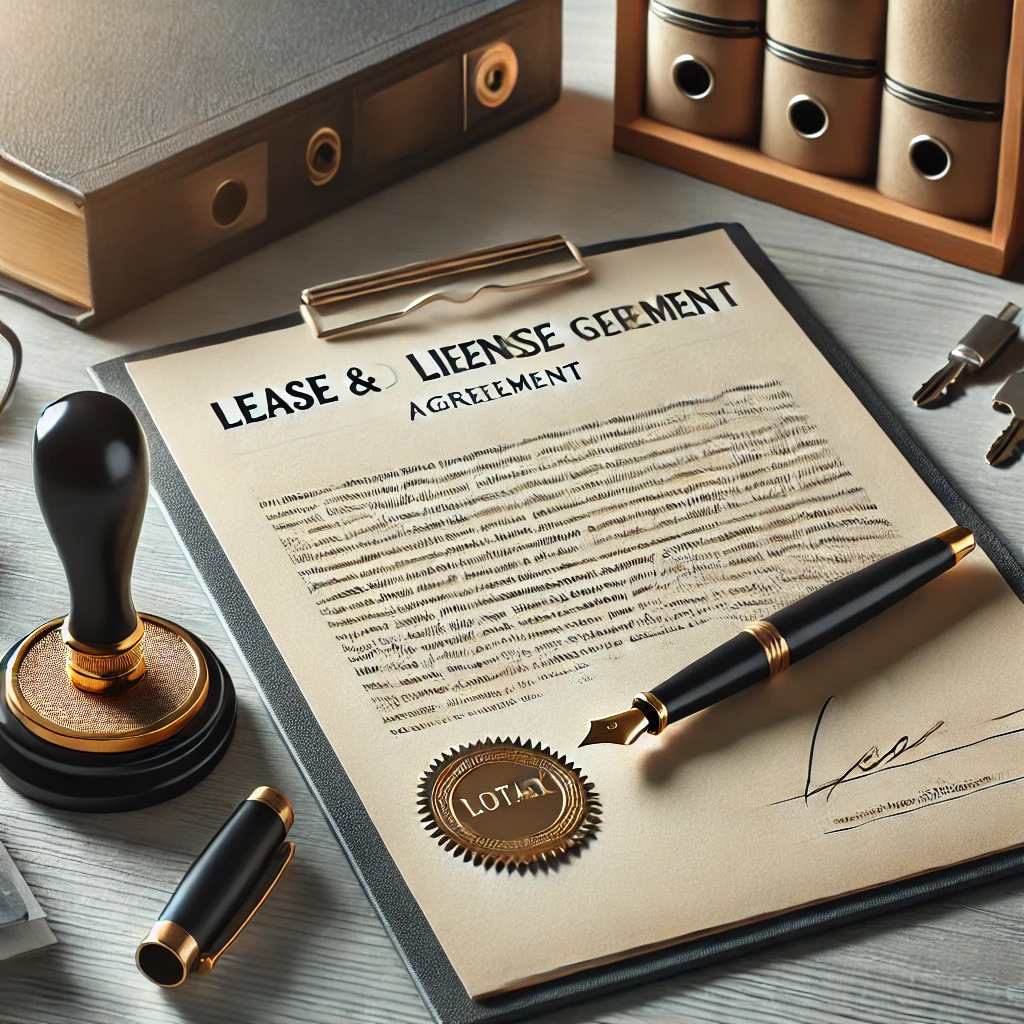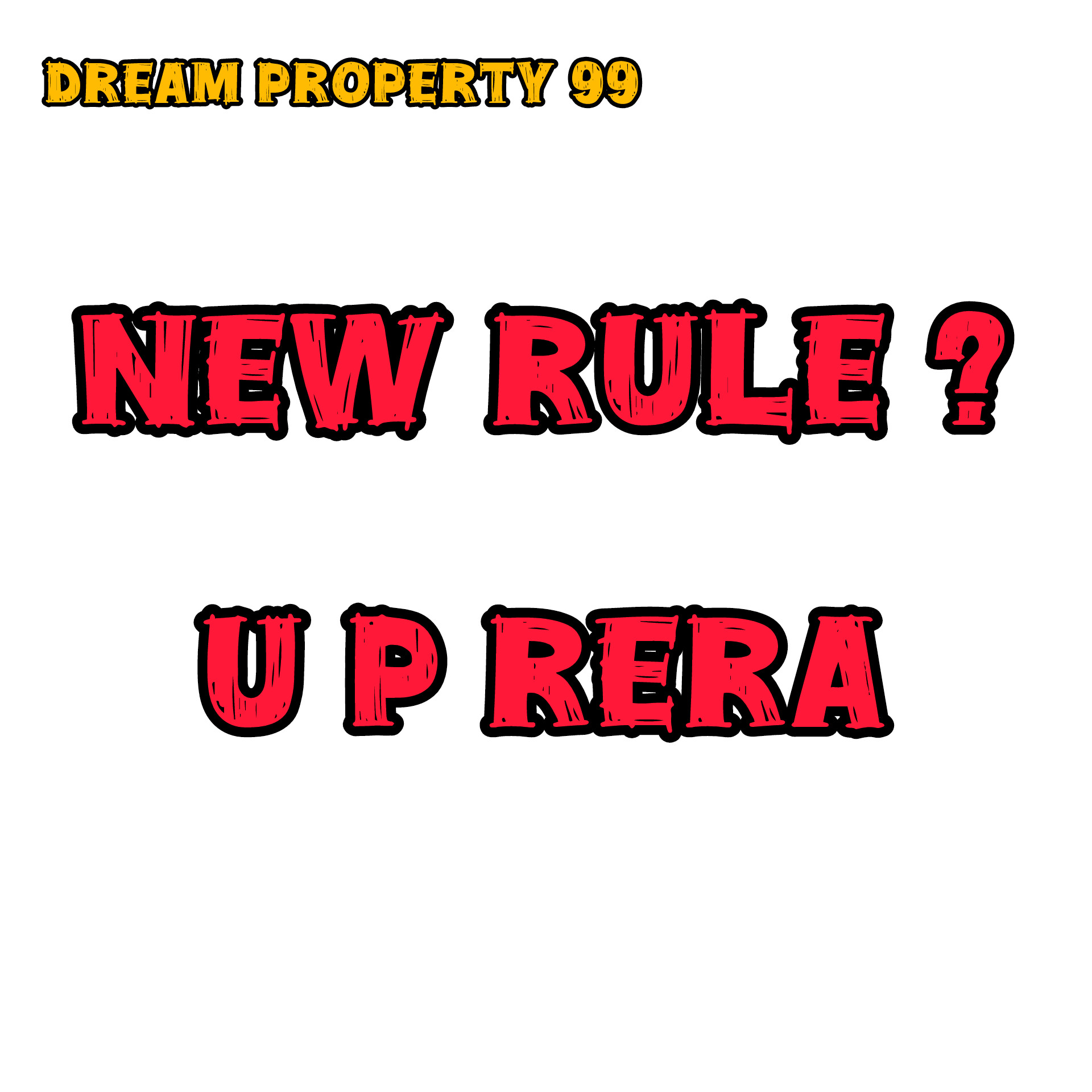Lease and License Agreement: The Ultimate Protection for Homeowners Against Tenant Takeover

Lease and License Agreement: A Safer Option for Homeowners Than Rent Agreement
Homeowners often face the fear of tenants taking unlawful possession of their properties. To mitigate this risk, most property owners create a rent agreement, believing it will protect their ownership rights. However, disputes may still arise despite having such agreements in place. If you’re a homeowner looking for a more secure legal document to protect your ownership, a Lease and License Agreement could be the solution. This document is more robust than a regular rent agreement and can ensure that tenants don’t unlawfully occupy your property.
Why Homeowners Need a Strong Legal Document
Before renting out a property, every homeowner is anxious about the potential risks, the biggest one being the tenant taking over the property. To avoid such situations, most homeowners opt for a rent agreement. Unfortunately, the standard rent agreement might not provide complete security, leaving the property vulnerable to legal disputes.
A Lease and License Agreement offers a stronger legal framework compared to a regular rent agreement. It clearly outlines the relationship between the homeowner (licensor) and the tenant (licensee) and places the homeowner in a more favorable position when it comes to ownership rights.
Difference Between Rent Agreement and Lease & License Agreement
Though both agreements serve similar purposes in leasing properties, they differ significantly in the legal weight they carry:
Rent Agreement: A rent agreement establishes a tenant’s right to occupy the property for a fixed period. However, tenants can sometimes take advantage of legal loopholes and delay vacating the property, leading to prolonged legal battles.
Lease and License Agreement: This agreement, on the other hand, clearly defines that the tenant is merely a licensee, not a lessee. It means that the tenant does not have any ownership or tenancy rights over the property, making eviction or repossession easier for the landlord in case of any dispute.

Key Features of a Lease and License Agreement
1. Limited Tenancy Rights: Under a lease and license agreement, the tenant or licensee is not considered a permanent occupant of the property. This provision significantly reduces the risk of tenants gaining any ownership claims over the property.
2. Fixed Duration: The agreement has a clearly defined term, typically one year, after which the property must be vacated unless the homeowner renews the agreement.
3. Right to Evict: In case the tenant refuses to vacate the property after the lease term, the licensor (homeowner) has the right to evict the licensee without prolonged legal proceedings.
4. No Subletting: The agreement can include specific clauses that prevent the tenant from subletting the property or transferring occupancy rights to another person without the owner’s permission.
5. Security for Homeowners: This agreement provides more substantial legal protection to homeowners by ensuring that tenants cannot claim adverse possession or any permanent occupancy rights over the property.
6. No Stamp Duty Concessions: Lease and license agreements do not offer stamp duty concessions like traditional lease agreements, but the security they offer often outweighs this minor drawback.
How Does It Secure Your Ownership?
Unlike the standard rent agreement, a lease and license agreement places more legal weight on the homeowner’s ownership rights. Here’s how it protects you:
1. No Occupancy Claims: Since the agreement defines the tenant as a licensee, they have no permanent or continuous right to the property. This drastically reduces the chances of any tenant laying a claim to the property after the expiration of the lease.
2. Legal Recourse: If a tenant refuses to vacate the property, homeowners can initiate an eviction process, which is often faster and more efficient than the lengthy legal disputes that arise from a regular rent agreement.
3. Right to Re-entry: The document often includes a clause allowing the homeowner to re-enter the property without notice if the tenant violates the terms of the lease.
4. Fewer Legal Battles: Since the agreement clearly defines the rights and responsibilities of both parties, disputes are less likely to escalate into prolonged legal battles. This saves time, energy, and resources.
The Process of Creating a Lease and License Agreement
Creating a lease and license agreement is a straightforward process that homeowners can undertake with the help of a legal professional. Here’s a step-by-step guide to the process:
1. Consultation: Homeowners should consult a lawyer to draft the agreement, ensuring that all provisions and clauses are included to protect their interests.
2. Property Details: The agreement should include detailed information about the property, including its location, size, and the purpose of the lease.
3. Terms and Conditions: Clearly define the duration of the lease, the rent amount, and any other conditions, such as security deposits, maintenance responsibilities, and utilities.
4. Legal Provisions: Include legal clauses that prevent tenants from subletting the property, extend eviction rights to the landlord, and protect against any tenant’s attempt to claim possession rights.
5. Notarization: Once the document is drafted and reviewed, both parties (the licensor and the licensee) should sign it in the presence of a notary. The notarized document is then legally binding.
Benefits for Homeowners
There are several key advantages for homeowners who opt for a lease and license agreement over a traditional rent agreement:
1. Increased Legal Protection: The homeowner’s ownership rights are safeguarded, and tenants cannot claim any permanent occupancy rights.
2. Quick Eviction: In the event of a dispute, the landlord has the right to evict the tenant without being embroiled in lengthy court cases.
3. Prevention of Illegal Occupation: The risk of the tenant claiming adverse possession or gaining any control over the property is significantly reduced.
4. Flexible Terms: The homeowner can set the terms and conditions of the lease, including rent, maintenance responsibilities, and duration, ensuring maximum control over the property.
5. Peace of Mind: With a lease and license agreement in place, homeowners can rest easy, knowing that their property is secure from unwanted possession or misuse.
Why Lease and License is Better Than a Rent Agreement
While a rent agreement is still widely used, the lease and license agreement is gaining popularity due to its robust protection mechanisms for homeowners. Here’s why it’s a better option:
1. Clear Terms: The agreement clearly distinguishes the rights of the homeowner and the tenant, leaving little room for ambiguity or legal exploitation by tenants.
2. Legally Binding: Since it’s a more detailed document, it offers greater legal enforceability compared to a simple rent agreement.
3. Prevents Permanent Tenancy: Rent agreements sometimes result in tenants overstaying their lease terms. However, a lease and license agreement strictly binds tenants to the terms of occupancy, making it harder for them to overstay or claim the property.
4. Easier Repossession: Homeowners can reclaim their property faster and with fewer legal hurdles, unlike rent agreements, which can involve prolonged court cases if the tenant refuses to vacate.
Conclusion
In today’s real estate environment, homeowners must take extra precautions to protect their properties from unlawful possession by tenants. The lease and license agreement offers a far more secure and legally sound alternative to the traditional rent agreement, providing homeowners with the peace of mind they need when leasing out their properties.
While creating a rent agreement might seem like the simplest route, opting for a lease and license agreement is a far safer option in the long run. By consulting with legal professionals and drafting a strong lease and license agreement, homeowners can avoid potential disputes, secure their ownership rights, and ensure that their property remains safe from unlawful occupation.



